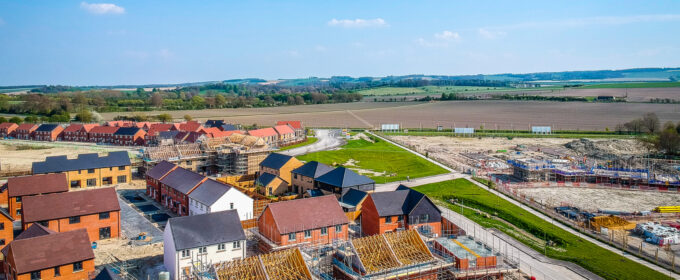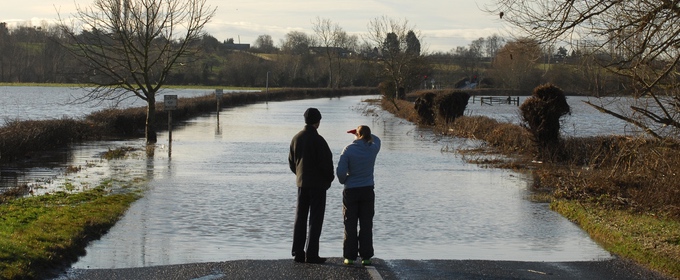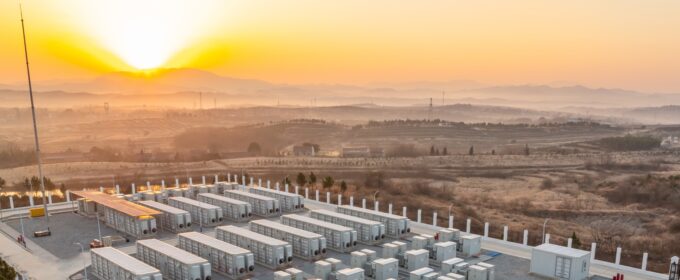The UK government has committed to an ambitious housing strategy of building 1.5 million homes over the next five years to address the chronic housing shortage exacerbated by rising demand, affordability and population growth. This plan must also rectify long-term structural challenges in the housing market whilst ensuring homes are built sustainably. Here, Professor Richard Kingston […]









